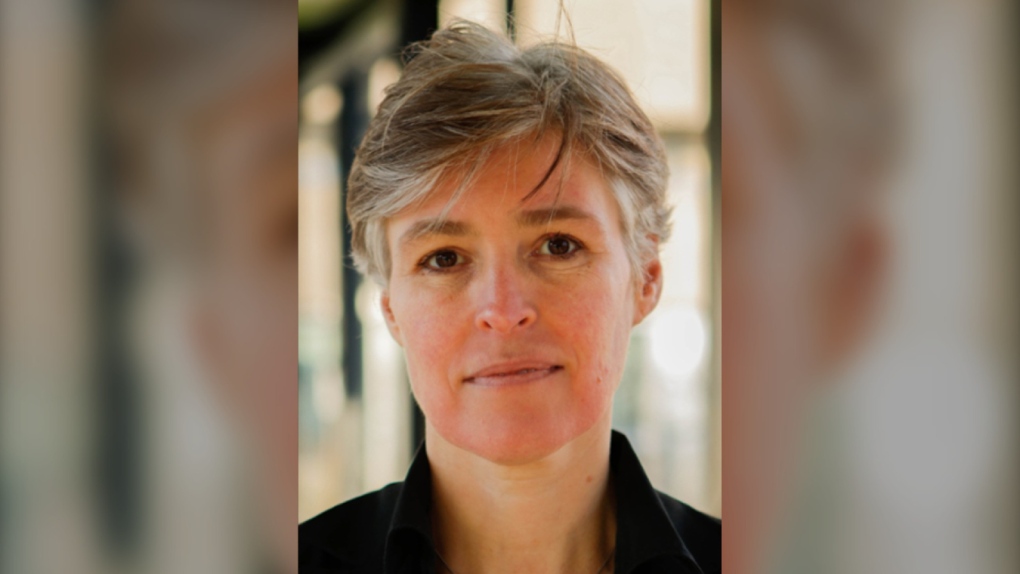World
Dutch researcher looking to link up with families of Indigenous heroes

They left their lives in Canada behind them and made the ultimate sacrifice … and remain buried at a Canadian war cemetery in the Netherlands.
An undated photo of Groesbeek Canadian War Cemetery in the Netherlands. (Veterans Affairs Canada)
A Dutch researcher is hoping to identify those Indigenous soldiers from Canada who helped liberate her country in World War II and to connect with their loved ones.
It’s all part of a larger remembrance project that Mathilde Roza, associate professor of North American Studies and Literature, is hoping to accomplish with Radboud University in Nijmegen, Netherlands.
“The way that the project started for me was through my own affinity of my hometown,” said Roza in an interview with CTV News.
“I’ve lived in Nijmegen for most of my life and it’s a city that has an extensive war history. It was liberated by the American army during Operation Market Garden and at a certain point I found out during the Battle of Nijmegen which lasted three days, there were quite a number of U.S. Indigenous soldiers in the city and somehow I felt so bad about not having ever heard about any of that history and not being aware or having thought that Indigenous soldiers would have been part of the U.S. Army and I dove into that topic.”
 An undated headshot photo of Dutch researcher Mathilde Roza. (Radboud University)
An undated headshot photo of Dutch researcher Mathilde Roza. (Radboud University)
After learning more of the Netherlands military history, she learned more of the Canadian contribution and began to think of ways in which she could find out which of those graves in nearby Groesbeek belonged to Indigenous soldiers.
She started to scour and cross-check many of the available lists that she could find.
“I also looked at photographs of memorials on reservations, many First Nations websites have photographs of memorials that they have or newspaper articles,” she said.
“It was assembling material, combining it, checking it and one of the most important things was to check this against the communities themselves and to establish contact with people who might have known them. It’s a shared history of course, you know it’s the history of the country that I happen to live in but much more profoundly it’s a history that contains their family members. So, I’ve started reaching out to people.”
So far, Roza has compiled a list of roughly 120 times, 30 of them are Metis and 90 of them are First Nations. Roughly three dozen or so are from Ontario and she’s already managed to track down roughly a third of her list.
“It has been very rewarding so far, all of them people that I have come across are happy and relieved that I’m looking into this particular history,” she said.
“Sometimes they’re able to tell me a whole lot of things that I’ve been unable to find and sometimes it’s the other way around as well that they don’t know very much about their relatives and I happen to come across information that I can share.”
Many of the individuals she’s trying to track down hail from northern Ontario with some being born in Sudbury, North Bay, Moosonee and Chapleau.
“The goal is twofold, one of the things that I’m working on now is an exhibition in the Netherlands that will accompany the 80th anniversary of the liberation,” said Roza.
“We have a museum in Groesbeek, the Freedom Museum it’s called, the exhibition will be on show there from May until December. People will be able to go there and hear about Indigenous involvement during the liberation. It’s an exhibition in which I’ll describe a selection of biographies and there will be both stories of soldiers in the cemeteries and soldiers who survived the war.”
She said she also hopes to publish a book about all the soldiers that lay buried in the Netherlands, brief biographies as well as stories that can be told in greater detail.
If you think you may be related to one of the soldiers she’s trying to identify, she’s hoping you’ll send her an email.


)






